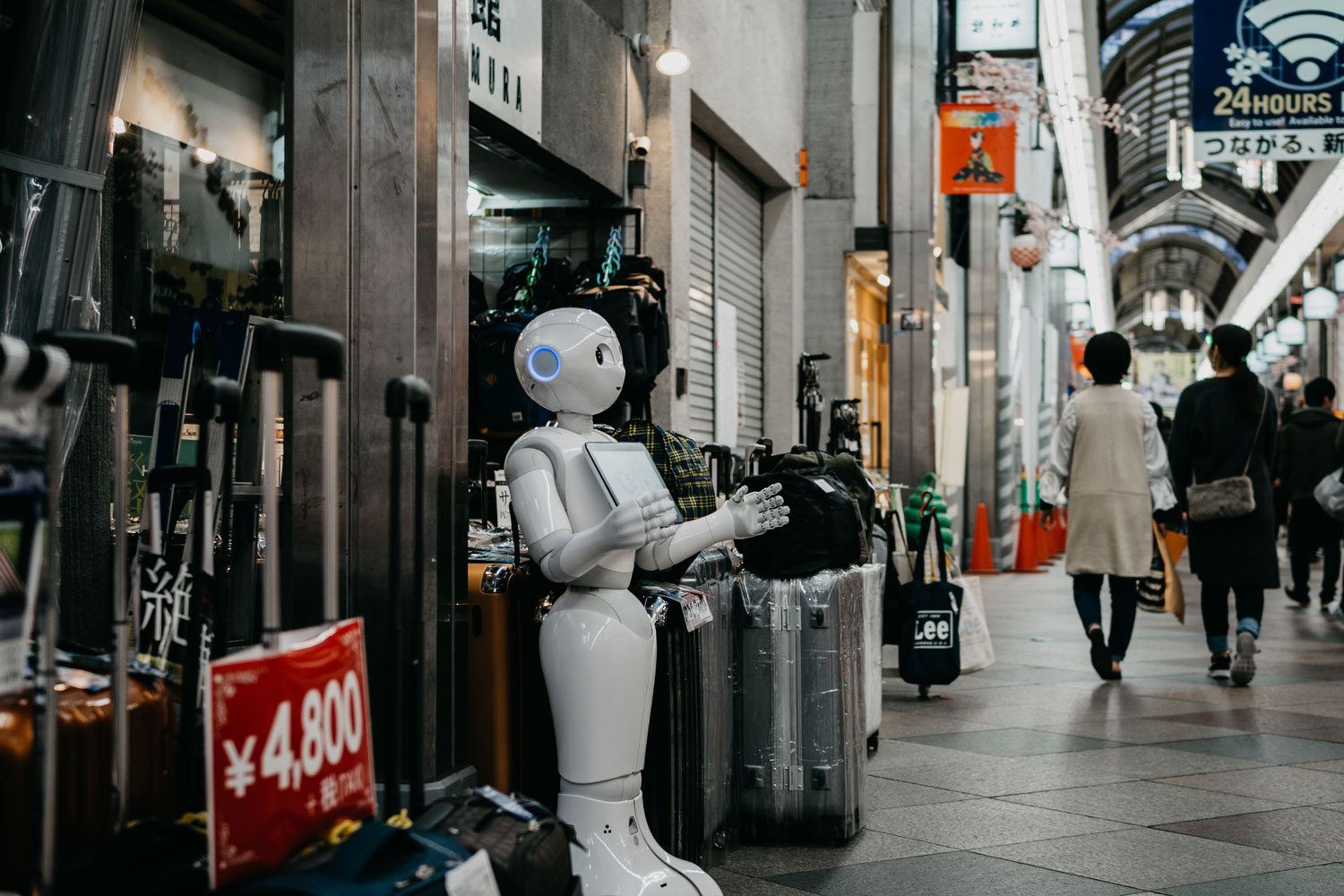Last week’s I/O demo, of the virtual assistant Google Duplex scheduling a haircut appointment with a salon over a phone call, was jaw-dropping and nerve-racking at the same time. You can check this YouTube video of the demo if you haven’t. It was an inventive synthesis of natural language understanding, deep learning, and text-to-speech. Though it reminded me of the unseen implications of AI, the demo, in all honesty, was stupendous! The voice simulation, which incorporated the conversational responsiveness of the algorithm, and the emotional connect with the caller on the other side were so convincing it could feel like a natural conversation happening between real people without any way to know the difference, only that that wasn’t the case here. Whilst it’s a great time to see all the varied experiments around automation and machine learning coming to life etcetera, but the implications of them are obscure and might go beyond the role of ‘assisting’ humans. And here’s why.
I was reading Alec Ross’ insightful non-fiction about the permeating effects of digital transformation, automation, and technology, on our culture and jobs, and it’s called ‘The Industries of The Future’. In which, he presents a vivid image of tech innovations, ala Google Duplex, that is replete with industries that would define the employment prospects in a tech-oriented world, where we would deal with subservient robots, big data for ‘predictive analytics’ and commonly use genome sequencing for a deeper comprehension of our biological composition in areas related to preventive healthcare. In a similar vein, in Don Norman’s evocative writing of ‘Emotional Design’, he outlines in an entire chapter on robotics about a future in which humanoid robots would have access to our homes and personal spaces — just in case, this has already happened with a device such as the Roomba vacuum. The concept seems far-fetched today but not if you consider the events of last week’s Google I/O. So then in his book ‘The Industries…’, the author Alec Ross offers a meek reference to artificial intelligence’s debilitating effect on voice-based interactions including a scenario of committing fraud. He says in the book…
[perfectpullquote align=”right” bordertop=”false” cite=”” link=”” color=”” class=”” size=””][…] A downside is the increased risk of fraud. If my voice can be reconstructed in a way that makes the reconstruction difficult to distinguish from my “real” voice, then it opens up new opportunities for fraud — fraud in dozens of languages, no less. In a world with near-universal translation and communication, an ironic side effect may be that we’ll need to be able to look somebody in the eye to believe what he or she is saying.[/perfectpullquote]

